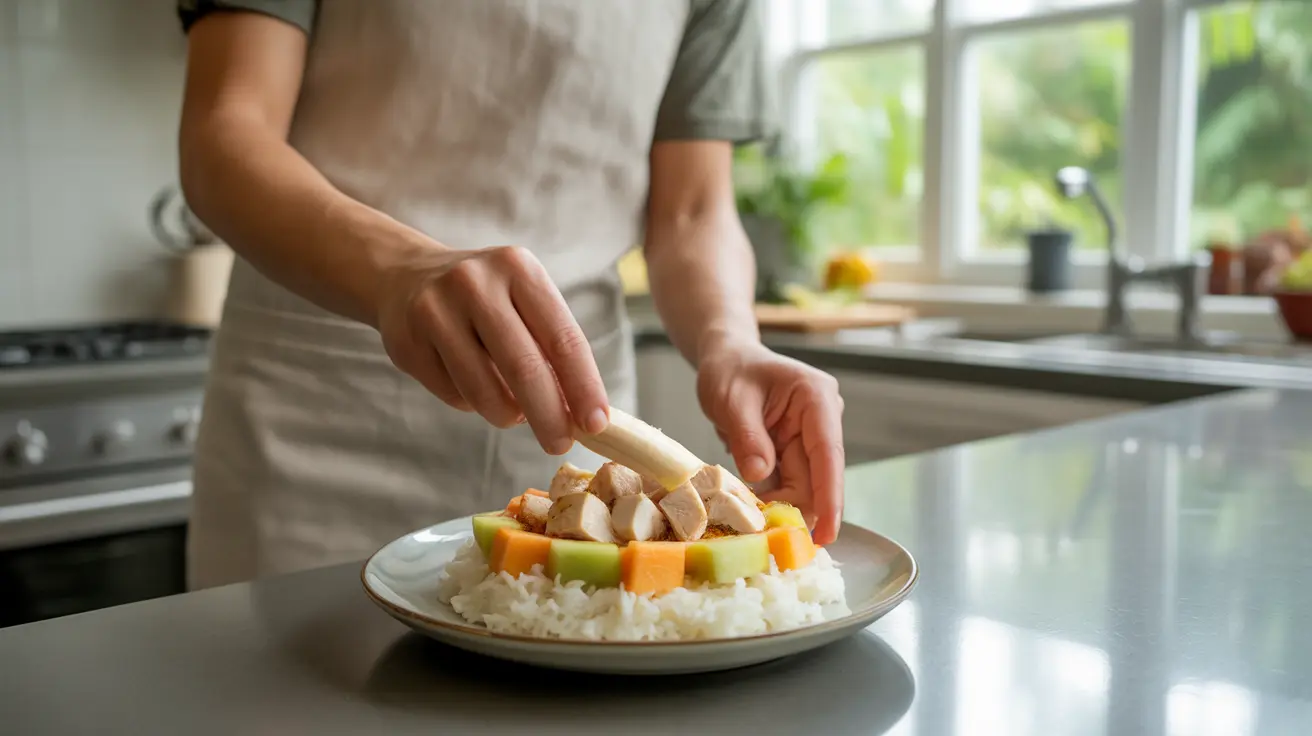Living with Crohn's disease can be challenging, especially during flare-ups when symptoms intensify. Understanding what to eat during a Crohn's flare-up is crucial for managing symptoms and maintaining proper nutrition. This guide will help you navigate food choices during these difficult periods.
Understanding Dietary Needs During Flares
During a Crohn's flare-up, your digestive system becomes more sensitive, making it essential to choose foods that are gentle on your gut. The right diet can help reduce inflammation, prevent nutritional deficiencies, and minimize uncomfortable symptoms.
Best Foods for Managing Crohn's Flares
Low-Fiber Options
During a flare-up, low-fiber foods are typically easier to digest and less likely to irritate your digestive system. Consider incorporating these options:
- White bread and pasta
- Well-cooked white rice
- Smooth nut butters
- Eggs
- Tender, well-cooked lean meats
Safe Protein Sources
Protein is essential for healing and maintaining strength during flares. Focus on these easily digestible protein sources:
- Fish (especially salmon and tilapia)
- Chicken breast (skinless)
- Turkey
- Tofu
- Well-cooked eggs
Modified Approaches to Fruits and Vegetables
While fiber-rich foods can be challenging during flares, you can still incorporate fruits and vegetables in modified forms:
- Cooked, peeled, and seedless vegetables
- Banana
- Cantaloupe
- Honeydew melon
- Well-cooked, pureed vegetables
Hydration and Electrolyte Balance
Maintaining proper hydration is crucial during flare-ups. Focus on these beverages:
- Water
- Clear broths
- Electrolyte solutions
- Herbal teas (non-caffeinated)
- Fresh vegetable juices (strained)
Foods to Avoid During Flares
Certain foods can worsen symptoms during a Crohn's flare-up. Common triggers include:
- High-fiber foods
- Raw vegetables and fruits
- Nuts and seeds
- Spicy foods
- Fried or greasy foods
- Caffeine
- Alcohol
Frequently Asked Questions
What are the best foods to eat during a Crohn's flare-up to help reduce symptoms?
The best foods during a Crohn's flare-up include easily digestible options like white rice, pasta, lean proteins (chicken, fish), well-cooked eggs, and smooth nut butters. These foods provide necessary nutrition while minimizing digestive stress.
Can yogurt or other dairy products be safe during a Crohn's flare if I have lactose intolerance?
If you're lactose intolerant, regular dairy products may worsen symptoms during a flare. However, you might tolerate lactose-free yogurt or probiotic supplements. Always start with small amounts and monitor your body's response.
Are fruits and vegetables safe to eat during a Crohn's flare, and which kinds are easiest to digest?
Well-cooked, peeled, and seedless vegetables are safest during flares. Soft fruits like bananas, melons, and cooked fruits without skins are typically better tolerated. Avoid raw produce and high-fiber options during active flares.
How does a low-fiber diet help manage Crohn's disease symptoms during a flare-up?
A low-fiber diet reduces the work required by your digestive system. It helps minimize irritation to the intestinal lining, reduces bowel movement frequency, and can help alleviate diarrhea and abdominal pain during flares.
What foods and drinks should I avoid during a Crohn's flare to prevent making my symptoms worse?
During a flare, avoid high-fiber foods, raw vegetables and fruits, nuts, seeds, spicy foods, fatty or fried foods, caffeine, and alcohol. These items can irritate your digestive system and potentially worsen inflammation and symptoms.
Remember to work with your healthcare provider to develop a personalized diet plan that takes into account your specific symptoms and nutritional needs during Crohn's flare-ups.




